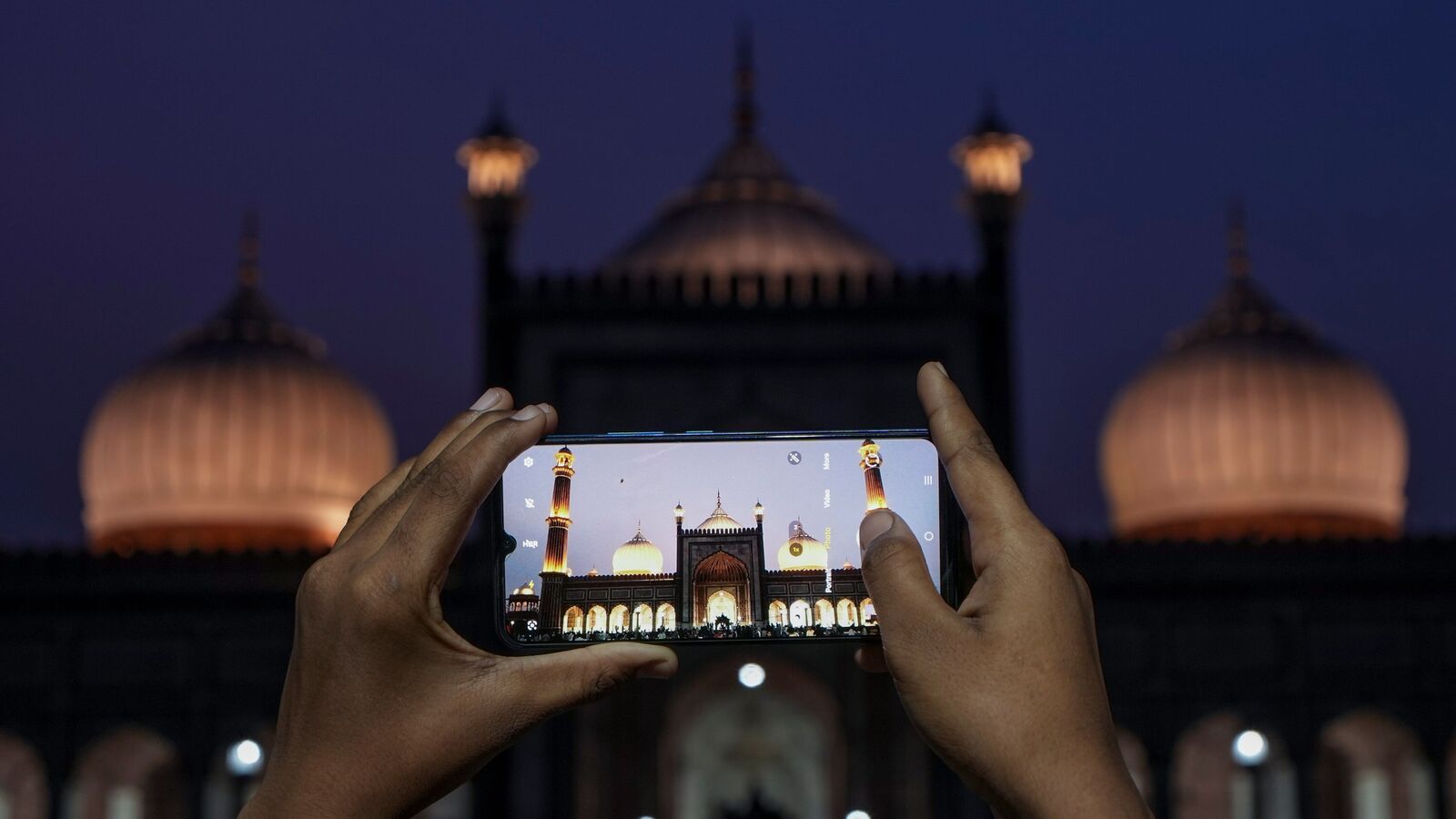Ramadan, the holiest month in Islam, traditionally begins with the sighting of the crescent moon. This year, the month of reflection, fasting, and spiritual growth started on the evening of February 28 and will last until March 29. Muslims around the world commemorate this sacred time as a period of introspection, communal prayer, and reading the Qurʾān.
Ramadan holds a special significance in Islamic tradition as the month when the Prophet Muhammad received the revelations of the Qurʾān from God. The "Night of Power," or "Laylat al-Qadr," falls within the last ten nights of Ramadan, usually on the 27th night. This pivotal event underscores the spiritual importance of Ramadan for Muslims worldwide.
One unique aspect of Ramadan is its adherence to the Islamic lunar calendar, unlike the Gregorian calendar commonly used today. The lunar calendar's shorter cycle means that Ramadan shifts approximately 11 days earlier each year compared to the Gregorian calendar. The sighting of the crescent moon marks the official beginning of Ramadan, signifying a time of fasting and devotion for millions of Muslims globally.
During Ramadan, observant Muslims fast from sunrise to sunset, abstaining not only from food and drink but also from negative behaviors such as gossiping, lying, and arguing. This dedicated period of self-discipline aims to cultivate a sense of "taqwa" or mindfulness of God. Additionally, fasting is complemented with prayers, Quranic readings, and acts of charity to deepen spiritual connections.
For those outside the faith, showing respect and understanding for Muslims observing Ramadan can include simple gestures like offering greetings such as "Ramadan Mubarak" or "Ramadan Kareem." Being mindful of fasting restrictions during social gatherings and acknowledging the significance of this holy month can foster inclusivity and mutual respect.
Muslims break their fast with Iftar meals at sunset, often hosting communal gatherings to share the blessings of Ramadan with others. Iftar dinners at mosques, homes, and community centers provide opportunities for socializing, spiritual reflection, and acts of generosity.
While fasting during Ramadan is obligatory for mature and healthy individuals, exemptions exist for those who are ill, pregnant, nursing, or traveling. Children who have not reached puberty may engage in symbolic fasting to participate in the spirit of the month. As the month culminates, Eid Al-Fitr, the Festival of Breaking the Fast, celebrates the end of Ramadan with special prayers, feasts, and gift-giving.
Across the world, Muslims observe Ramadan in diverse ways, reflecting local traditions and customs. From India to Saudi Arabia, the onset of Ramadan is marked with prayers, community gatherings, and charitable activities. Political leaders, celebrities, and religious figures extend warm wishes and messages of solidarity to Muslims embarking on this sacred journey of faith and self-reflection.
Ultimately, Ramadan serves as a reminder of the core values of Islam – compassion, kindness, and service to others. It is a time for spiritual renewal, communal unity, and personal growth. As Muslims around the globe celebrate this month of devotion and piety, the spirit of Ramadan resonates with shared humanity, fostering understanding and harmony among diverse communities.


